Place Based Learning was the theme of conference on Friday, organised by Deakin University, Warrnambool. Deakin University is our local university (45 mins drive from my school). It is a smaller uni but maintains a wonderful country style community with beautiful grounds and surroundings. Faculties are active in getting grants and working with local schools.
On Friday, I not only attended this conference but also presented on the theme “Mobile Learning – Changing Learning Spaces”. I spoke on “how can/do mobile technologies support/promote enhanced place-based learning and the types of positive impacts associated with that.”
Dr Julianne Lynch, a senior lecturer in curriculum and pedagogy at the Faculty of Arts & Education welcomed us and set the scene for the day. Although creators of technology create for a specific use, users of the technology will appropriate what they want and use it in ways that often designers did not envisage eg mashups etc. Learners need to be positioned so that can connect with and care for social and environmental welfare of the place, making them responsible for their learning and where they are living. Experiences can be layered and students get a sense of place through virtual and phsysical spaces.
Several sessions were led by Will King from Brauer College. He outlined the school’s experiences with the Local Koori Mobile Project. This exciting and essential work with our local aboriginal community ensures that their dialect and stories will be handed on to our current generation. It is essential that some of the stories are told out on Country so that students can learn about aboriginal history, often in the places where significant cultural actions occurred. Stories need to be connected to place! ARIS, a mobile app, is being experimented with to provide documentary evidence versus physical presence. Guided by Rob Lowe Snr, Peek-Whurrong elder, Year 7 Brauer College students participated in a field based local history program. They collected digital artefacts and created a heritage trail, navigable using the geo-tracking capabilities of hand held mobile devices.
Will and Paul McLaughlin, a phys ed teacher at Marion College, Ararat, with an interest in integrating technology in education, including location based games, showcased their students’ learning and outlined the processes involved in developing a game-based local history trail linked to the Australian curriculum. The mobile app ARIS was used to develop this local history trail.
Oral history is still vitally important and the way that aboriginal knowledge has been transmitted.
Terri Redpath, coordinator for the School of Education at Deakin University, shared her work with the students in using iPads to record learning. Students become producers of information, going from print based learning to multimodal communication. Students put their learning an knowlegde into their own words and came up with powerful rich understanding.
Steph Hann outlined her work with geocaching and grade 6 students. Geocaching is a “real world outdoor treasure hunting game” using GPS enabled devices.
Students worked with staff and students at Deakin to produce 6 geocaches. These were hidden at the university. Their theme was based on the careers and courses that uni students could do. The learning included making links with community, sense of ownership, sharing stories and the importances of imagery.
Nadine Frankel, a specialist science teacher at Warrnambool East Primary School together with a fellow science teacher Kerry McCarthy won a Victorian Education Excellence Award for Outstanding Curriculum Innovation. They worked on a project in primary science (WEPS – focused on the Fluker Post environmental monitoring system). Finally, a session on the lane-ways of Warrnambool using some digital augmentation was shared by Karen Richards. She is an award-winning artist working in the medium of embroidery, digital embroidery, animation, lace sculpture etc.
A SWOT analysis in small groups completed the day, which was a wonderful celebration of local, innovative teaching and learning and Place Based Learning.

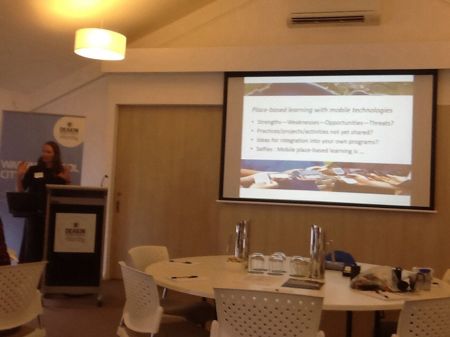
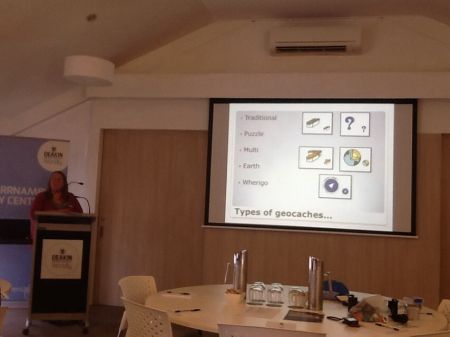
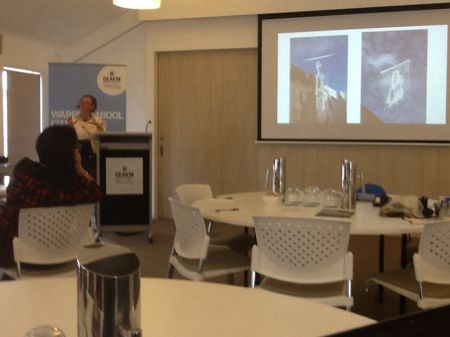
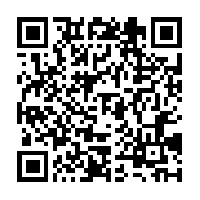




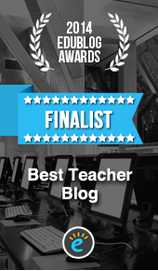

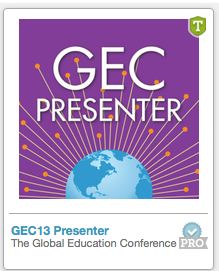
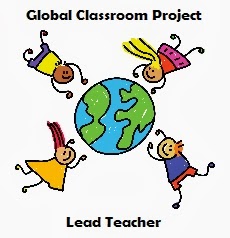
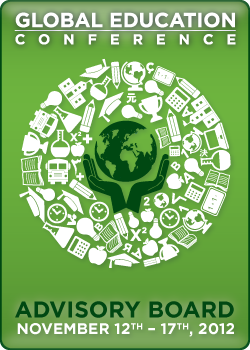
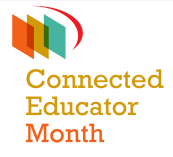
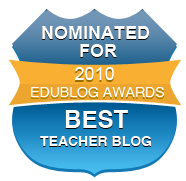


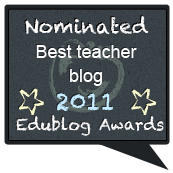
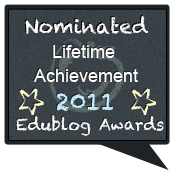
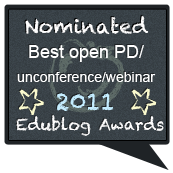
 Twitter/murcha
Twitter/murcha Del.icio.us/murcho
Del.icio.us/murcho GMail/Anne M
GMail/Anne M Blog/Anne M
Blog/Anne M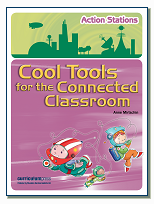
very innovative concept……
Thanks for such a good summary of useful ideas. I am using it with my faculty and our teacher candidates.